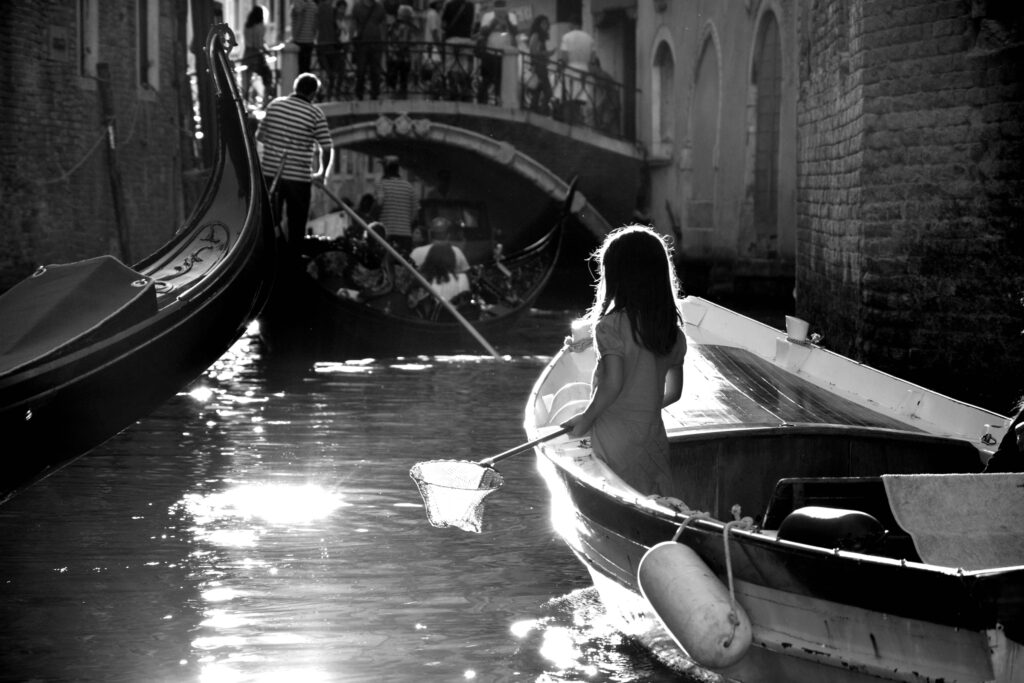“We native Venetians and long-term residents number just over 50,000. We are dying out. Soon, we will disappear. The city prefers to be inhabited by someone else: not so much by other categories of human beings but by another way of being in the world.” – Tiziano Scarpa

March 25, 2021, dawned quietly in Venice. The city was still in full lockdown, a Zona Rossa. The Piazza was empty, the calli were eerily still. It was a subdued day to celebrate the birth of Venice. According to 16th century Venetian historian Marin Sanudo, the city was founded in 421 AD. In a city brought to a halt by the pandemic, the joyful clamor of bells ringing out across the city commemorating 1,600 years of existence was a welcome respite from the dreaded silence.
The following day, there was a birthday surprise. The Italian government issued a decree banning cruise ships from the Lagoon and requiring them to dock at Porto Marghera until a permanent solution outside the Lagoon could be found. Comitato No Grandi Navi, a citizen’s group that had been fighting the cruise ships for almost a decade, claimed victory. No more ships passing in front of San Marco. No more ships menacing the city as they’re towed through the Giudecca Canal. No more ships flailing in storms, potentially damaging smaller vessels and the fondamenta. No more noise, erosion, and pollution billowing from these noxious floating hotels. [Read the complete article on Common Edge]